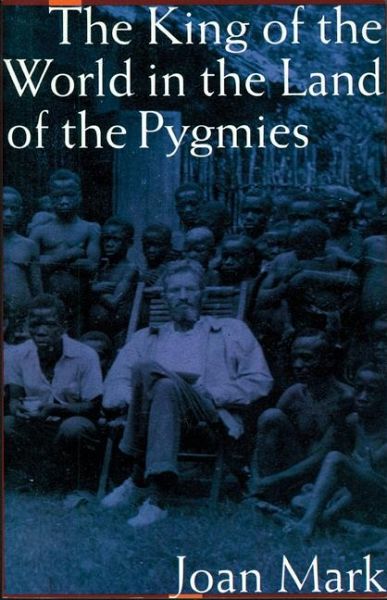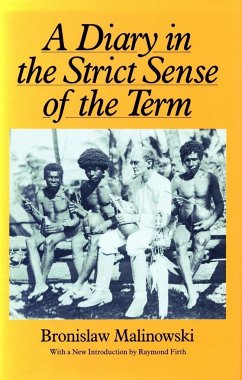
The King of the World in the Land of the Pygmies (Revised)
Versandkostenfrei!
Versandfertig in über 4 Wochen
19,99 €
inkl. MwSt.

PAYBACK Punkte
10 °P sammeln!
Joan Mark offers here an interpretative biography of Patrick Tracy Lowell Putnam (1904-1953), the U.S. anthropologist who spent twenty-five years living among the Bambuti pygmies of the Ituri Forest in present-day Zaire. On the Epulu River he constructed Camp Putnam as a harmonious multiracial community. Putnam modeled his camp on the "dude ranches" of the American West and took in paying guests while running a medical clinic and occasionally offering legal aid to the local people. He assumed the role of intermediary between them and the outsiders who came to Camp Putnam, including Colin M. Tu...
Joan Mark offers here an interpretative biography of Patrick Tracy Lowell Putnam (1904-1953), the U.S. anthropologist who spent twenty-five years living among the Bambuti pygmies of the Ituri Forest in present-day Zaire. On the Epulu River he constructed Camp Putnam as a harmonious multiracial community. Putnam modeled his camp on the "dude ranches" of the American West and took in paying guests while running a medical clinic and occasionally offering legal aid to the local people. He assumed the role of intermediary between them and the outsiders who came to Camp Putnam, including Colin M. Turnbull, author of the best-selling The Forest People. Although half a world away from New England, Putnam continued to struggle with the pressure of family expectation. Mark describes his relation to his family as well as his relationships with the African and the American women Putnam took as wives. Toward the end of his extraordinary life, frustrated and driven half-mad by a virulent lung disease, Putnam became tyrannical; he tried to destroy the world he had created for himself on the Epulu River. The author places Putnam within the context of three different anthropological traditions and examines his contribution, as the world's leading expert on pygmies, to future studies of the area.












